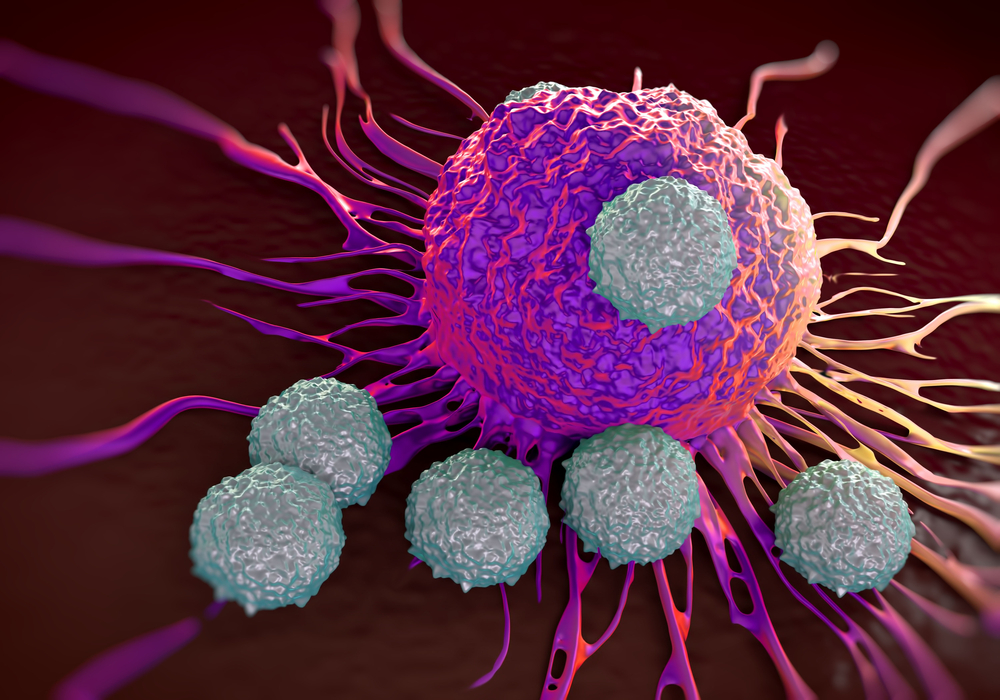Immunotherapy Helps Myeloma Patients Who Relapse After Stem Cell Transplant, Study Shows

Many patients with blood cancers, such as myeloma, go into remission after receiving a stem-cell transplant. However, there are still many patients (about one-third) who relapse, a condition usually associated with a poor prognosis.
Dana-Farber Cancer Institute researchers tested the effects of a new treatment approach using repeated doses of the immunotherapy drug Yervoy (ipilimumab), showing that this treatment can lead to full remission in some of these patients. Yervoy blocks an immune checkpoint, CTLA4, used by cancer cells to evade our immune system responses against tumor cells.
The study “Ipilimumab for Patients with Relapse after Allogeneic Transplantation” was published in the New England Journal of Medicine.
“We believe the donor immune cells are present but can’t recognize the tumor cells because of inhibitory signals that disguise them,” Matthew Davids, MD, MMSc, a member of the Division of Hematologic Malignancies at Dana-Farber Cancer Institute and the study first author, said in a press release. “By blocking the checkpoint, you allow the donor cells to see the cancer cells.”
Yervoy is an FDA-approved treatment for metastatic melanoma, but now researchers show it can also prove effective in blood cancer patients following a transplant.
Patients who suffered a relapse of their blood cancer received varying doses of Yervoy repeatedly for up to one year. A total of 28 patients with relapsed leukemia, lymphoma, multiple myeloma, and myelodysplastic tumors were enrolled in the multicenter Phase 1 trial.
Out of 22 patients (those treated with the highest dose of Yervoy), five patients showed a complete response (researchers detected no cancer); and two patients showed a partial response, characterized by a reduction in tumor size. Six patients were categorized as “no response,” despite showing a decrease in tumor burden. Altogether, Yervoy therapy reduced cancer in 59 percent of the relapsed patients.
Using an immunotherapy in patients who received a transplant raised concerns, since the treatment could stimulate graft-versus-host disease (GVHD), meaning the body’s immune system could react and culminate in transplant rejection.
“But we didn’t see that,” Davids said. Out of 28 patients, only four developed GVHD, which prevented further treatment with Yervoy. These patients all responded to corticosteroid drugs that controlled the GVHD. Typical adverse effects to Yervoy treatment were detected in six patients, and one patient eventually died from an immune-related adverse event.
These results are encouraging and support following larger clinical trials to test the effect of checkpoint blockade in this group of relapsed post-transplant patients. Future research will investigate the potential of administering immunotherapy drugs to high-risk patients to prevent relapse.






